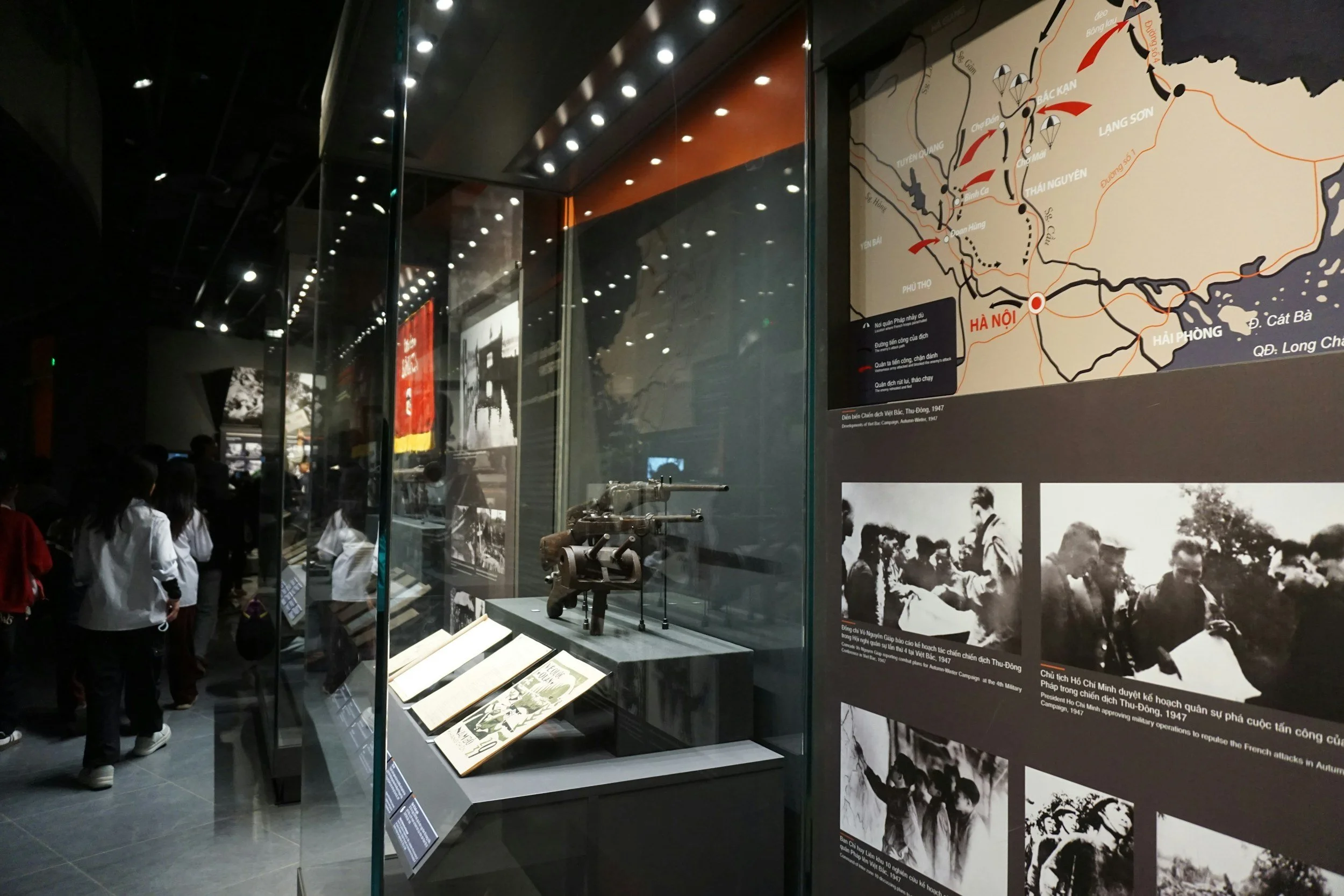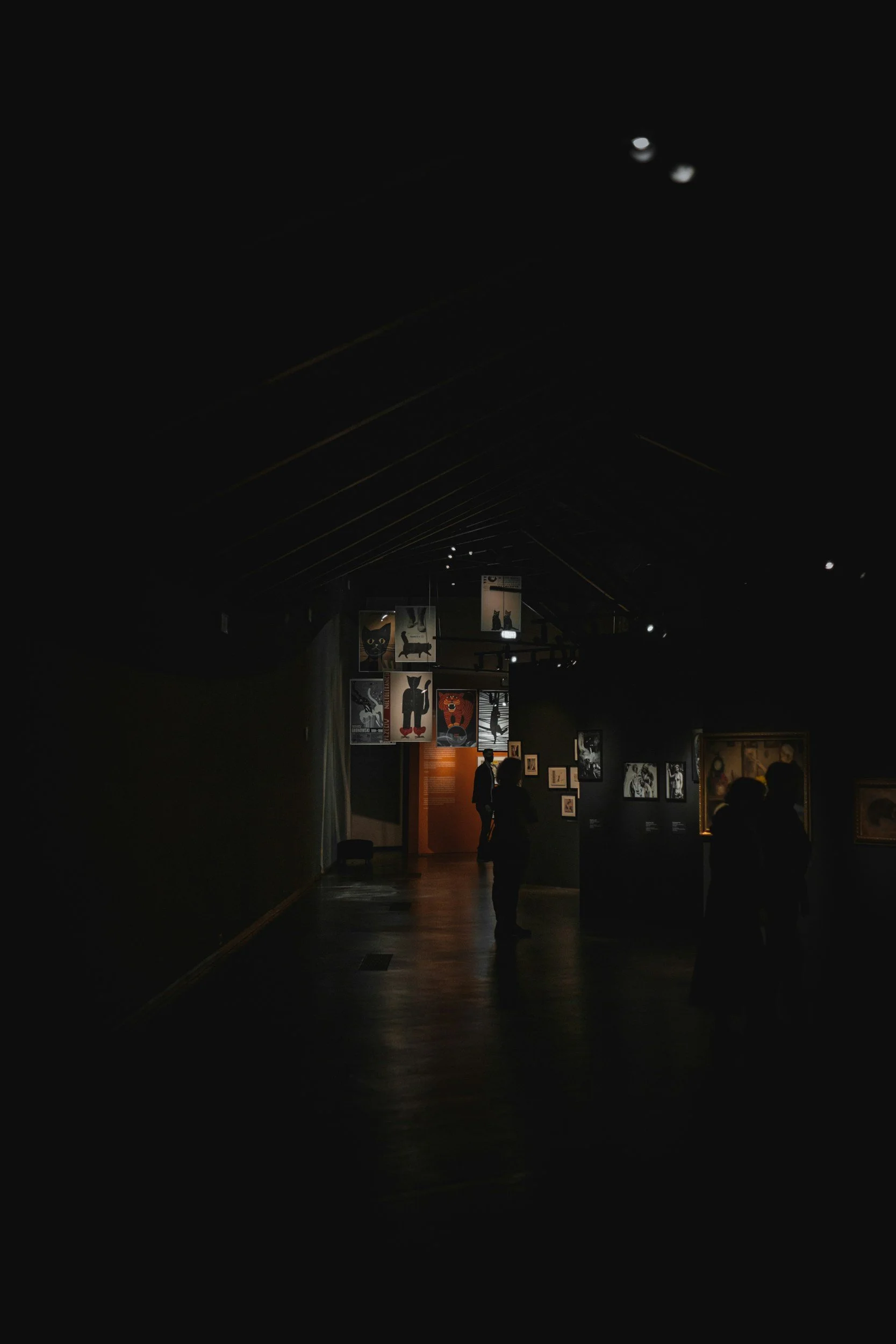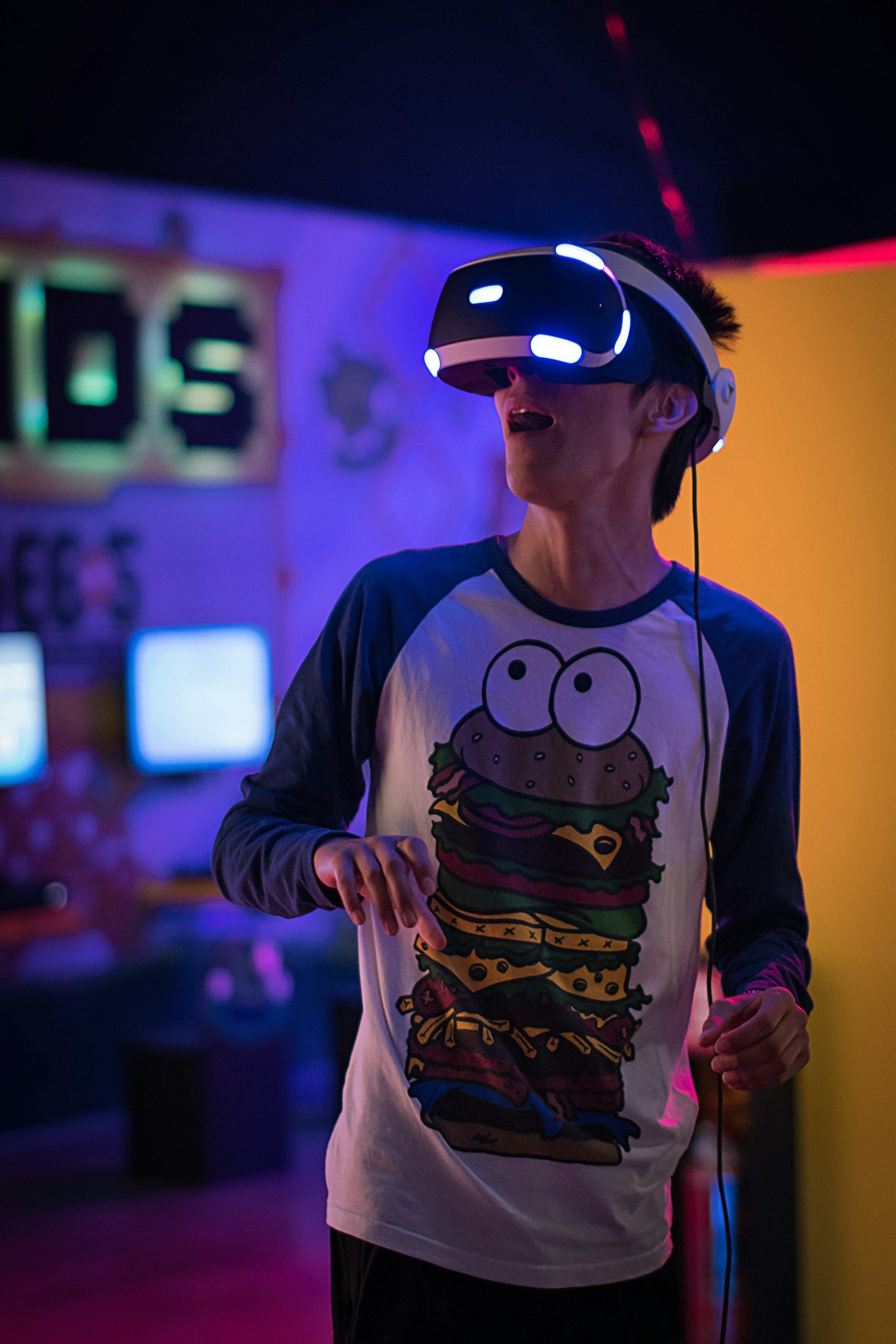Spatial interaction meets historical inquiry.
Immersive history
Based in the Netherlands, Piocent Labs contributes to research and heritage collaborations across Europe.
Interaction in virtual and augmented reality is inherently spatial and embodied. Immersive archival interfaces leverage the sensory resources of the human body to create compelling experiences that integrate physical motion, gestures, and engagement with digital objects. These emerging paradigms open new possibilities for teaching and research in history, but they also present design challenges for usability, accessibility, and scholarly rigor. Piocent Labs investigates how immersive technologies can be applied to archival practice, develops enabling tools for digital preservation, and explores new methods of embodied interaction for historical pedagogy and research. We do this while keeping true to our devotion to innovating classical archival management.
Whether through the metaverse or a classical, curated collection, archives should tell a story and immerse the users into a world that lets them experience the material for themselves, as if they were there to experience it first hand.
Whitewheels is a virtual reality history game designed to explore 1960s urban innovation in Amsterdam.



